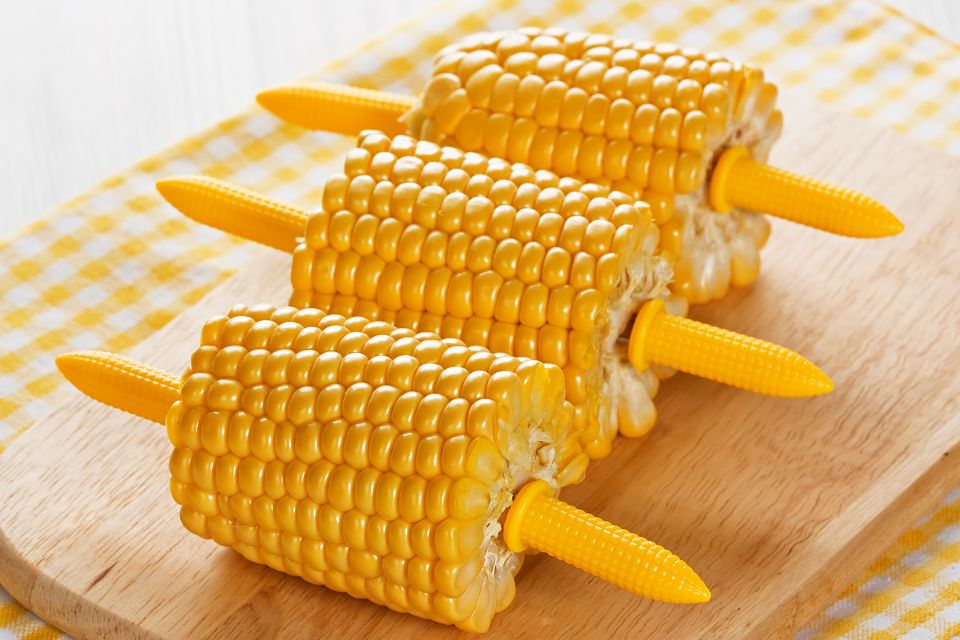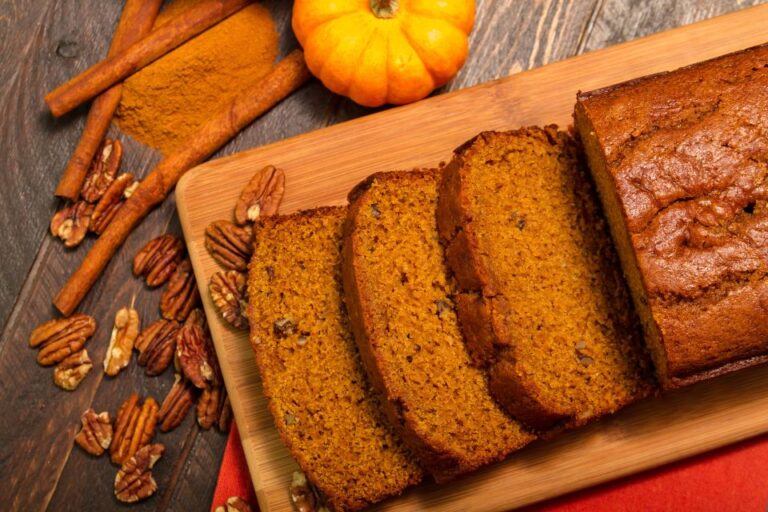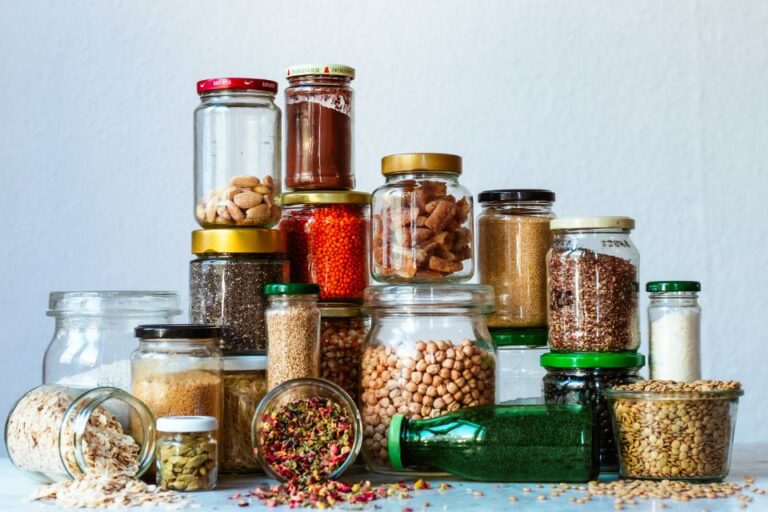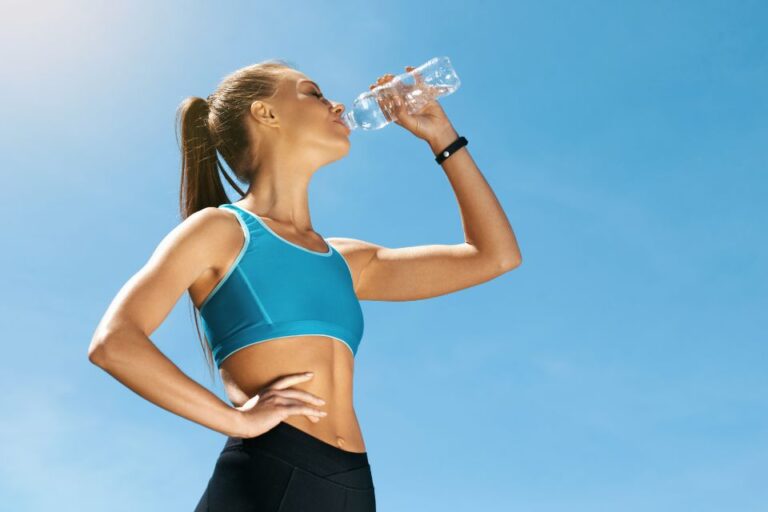6 Vegetables With the Most Protein
We all know that we should be eating more vegetables to boost our health and replenish our levels of the essential vitamins many of us are missing, but did you know that some vegetables also contain a good amount of protein?
Protein is essential for good health and building muscle, and it keeps us feeling full for longer, so we’re less likely to snack mindlessly later in the day.
We’re meant to get between 46 and 56 grams of protein every day. However, the foods often cited as having the most protein are usually meat and animal products. So, if you don’t eat dairy or are a vegetarian or vegan, these six veggies with the most protein could really help you get more of this essential nutrient.
Peas
Half a cup of peas contains three and a half grams of protein. Peas make a great addition to healthy versions of your favorite comfort foods like pasta, stews, and soups – pea soup with mint is particularly tasty and super warming for this time of year.
Spinach
Half a cup of spinach provides an impressive three grams of protein and a whole range of other benefits, making it clear why spinach is often called a superfood.
Spinach makes a great base for a salad or can be added to smoothies; a winning combination is spinach, cucumber, kiwi, apple, and seeds for a tasty green treat packed full of flavor and goodness!
Baked Potato
The ultimate super-quick comfort food is a great source of vitamin C and filling fiber, but baked potatoes are also packed with a good amount of protein; a medium-sized potato contains three grams. You can top it off with your choice of healthy topping—from goat’s cheese and spinach to a three-bean chili or canned tuna for extra protein—you can’t go wrong with a baked potato!
Broccoli
Not only is broccoli packed with fiber (2.6 grams in half a cup), but it’s also a great source of protein, with two grams per serving. Add some broccoli to a stir fry to make the most of its natural crunchiness, or add it to a pasta bake to increase your intake of veggies.
Brussels Sprouts
Brussels sprouts aren’t just for Christmas, and they don’t deserve their bad reputation—we think the dish above looks pretty tasty, in fact! What’s more, each half cup contains two grams of protein, as well as lots of potassium and vitamin K.
If you need some persuading to include sprouts in your diet, try them shaved in a salad, in a mixed veggie roast with carrots, beets, and mushrooms, or grilled with sweet potatoes and drizzled with sesame oil.
Corn
OK, we know that corn is technically a grain, but it’s in the produce aisle – and half a cup of kernels provides two grams of filling protein. Corn makes a tasty addition to soups, stews and pastas, or can be eaten as a side dish on the cob – just make sure to season with pantry essentials like herbs and spices rather than piling on the butter!
With these protein-packed veggies, you’ll reach your daily protein requirement in no time. However, it’s important to remember that plant proteins are ‘incomplete’ in the sense that they don’t contain all the essential amino acids that other sources of protein provide.
To make sure you get the different types of amino acids you need, you need to combine these veggies with whole grains such as brown rice, whole grain pasta, oatmeal, bulgur, whole rye, buckwheat, whole grain couscous, and quinoa.
Combining grains and protein will also naturally suppress appetite and keep you feeling full for longer.
Another important thing to remember if you have to rely on veggies for protein due to not eating animal products is that animal products are actually the best source of many B vitamins, including B12, essential for metabolism and the efficient functioning of your body to turn food into energy.







